Property
JLL defines keys to sustainable integrated development in Vietnam
In the past four years, the volume of integrated development has substantially increased within the Vietnam residential market.
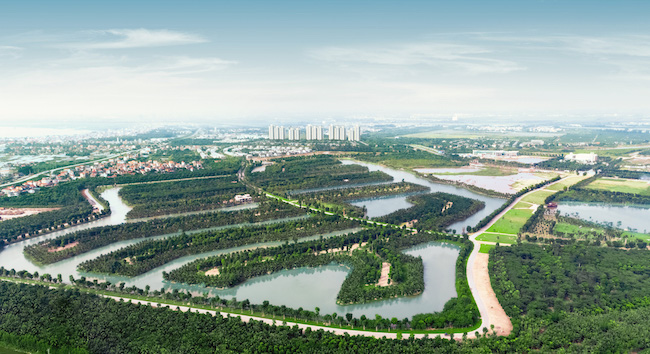
Other than the plain mono-function residential cluster, the term refers to a neighborhood or township development with mixed-use components such as, residential, retail, institution, leisure and more where residents can live, work and play.
It comprises multifunctional and interconnected buildings, which focus on the surrounding environment to ensure harmonious ‘street-scape’ and architecture.
As the Vietnam real estate market is gradually maturing, a sustainable wholesome living environment is an important factor for buyers to consider. Based on our real estate expertise, the suitable size of an integrated development should be in excess of 5ha to ensure commercial viable facilities.
Given that the government town planning capacity and funding is limited, developers have jumped on the opportunity to construct integrated communities. However, the quality of these developments differ, due to the varying levels of experience amongst developers and the level of funding available.
Hereunder JLL defines five keys to sustainable integrated development for developer’s consideration.
Fresh air and high quality landscape which focus on shaded areas
Premium parks and public spaces benefit integrated projects by creating sustainable value economically, socially and environmentally. Green space is vital part to the everyday urban Vietnamese.
Ecopark Township in Hung Yen province (50-minute drive from Hanoi) is a successful case study. With a system of three major parks occupying almost 10 hectares, it is excellent for weekend picnics for both residents and Hanoi CBD dwellers alike.
Convenient and available transportation
In the future, most integrated projects will be developed in outskirt areas due to land bank limitation. Close proximity to the CBD is no longer important due to improving infrastructures.
However, convenient transportation enabling easy travel to surrounding areas is a strong competitive advantage. In remote areas without available planned infrastructure, developers can look into providing creating their own transportation systems such as shuttle bus services to various key locations within the city.
Walkable and lively neighborhoods
Customarily, the Vietnamese enjoy walking, spending time in parks and communicating with their neighbors. Developers should thus leverage shop-house developments along internal roads and main roads to create active street life. This has been successfully achieved in the Phu My Hung Township.
Building variety and human scale
Careful massing of buildings and a variety in architecture design together with meticulous consideration for human scale will allow for a livable public space. Avoiding a monotonous building expression will provide a delightful pedestrian experience and enhance living the environment.
One good example is the Thu Thiem new urban area in HCMC, with careful master planning consulted by Sasaki Ltd. We believe this community will benefit from strong value capital gain in the future.
High-level education infrastructure
Education is one of the top priorities for Vietnamese parents; herein lies an opportunity for developers to incorporate schools to the infrastructure for a competitive edge. Vingroup has been successful by including their schooling operations into their townships.
Keppel Land consolidates full ownership of US$500 million Saigon Sports City
Hai Phong industrial property powers up with new project from Indochina Kajima
The project Core5 Hai Phong from Indochina Kajima and Itochu Corporation will deliver approximately 80,000 square metres of world-class ready-built factory for lease, handover expected in the first quarter of 2027.
A decade of unprecedented apartment price surge
A decade of relentless apartment price growth has pushed the dream of homeownership further out of reach for Vietnam’s middle- and lower-income earners.
Essensia Parkway sells out within hours, marking an outstanding partnership with WorldHotels
Essensia Parkway makes significant impact in the high-end real estate market as 100 per cent of the limited collection was successfully registered within just a few hours at the launching event with the theme “Live lux-well, in a truly refined world”.
Essensia Parkway gains global prestige through WorldHotels - Phu Long collaboration
Essensia Parkway is set to mark a significant milestone as the first branded residences project in Ho Chi Minh City to be operated by WorldHotels – one of the finest portfolios of independent hotels and resorts within BWH Hotels.
Indochina Kajima breaks ground on Grade A office building in Hanoi’s emerging hub
Parc Hanoi marks Indochina Kajima's first office-for-lease project in its $1 billion investment plan in Vietnam.















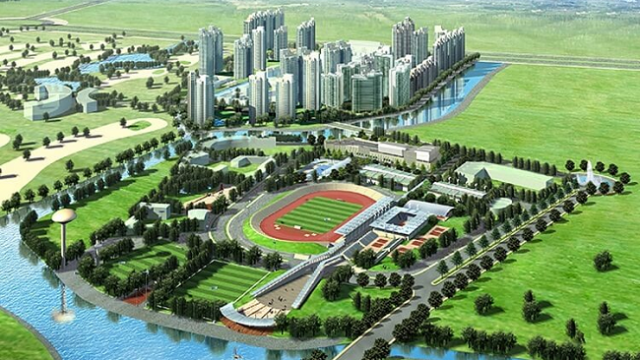




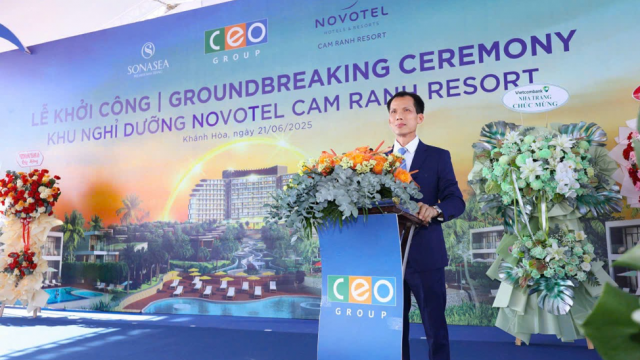
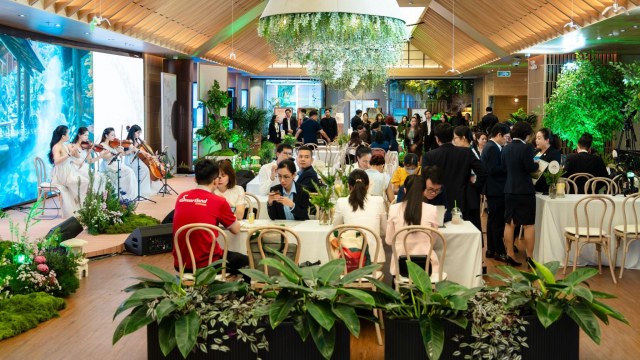
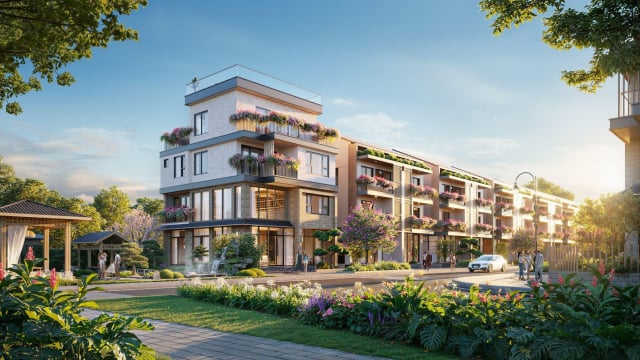
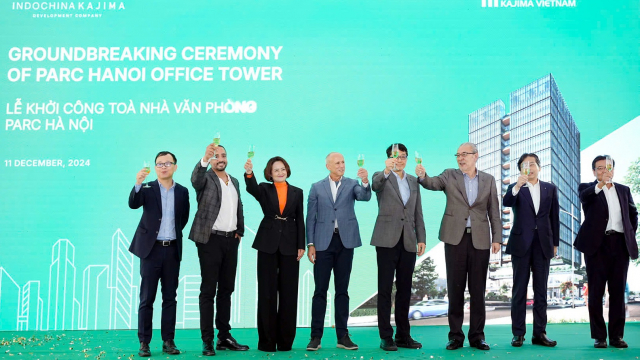
![[Hỏi đáp] Kể từ 1/1/2026, hộ kinh doanh đóng thuế như thế nào?](https://t.ex-cdn.com/theleader.vn/320w/files/content/2025/12/16/121454xxx_9120-1214.jpg)

















